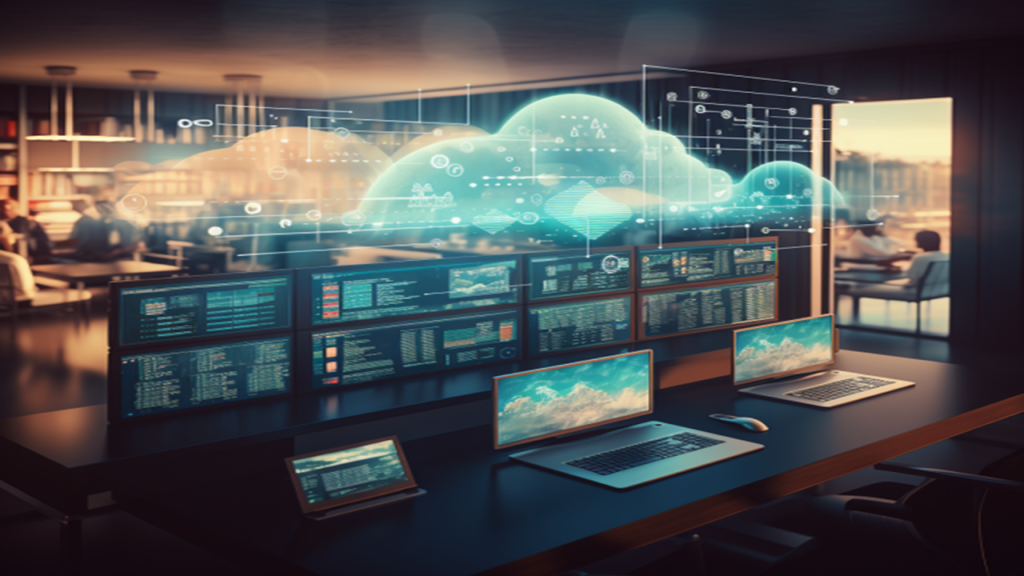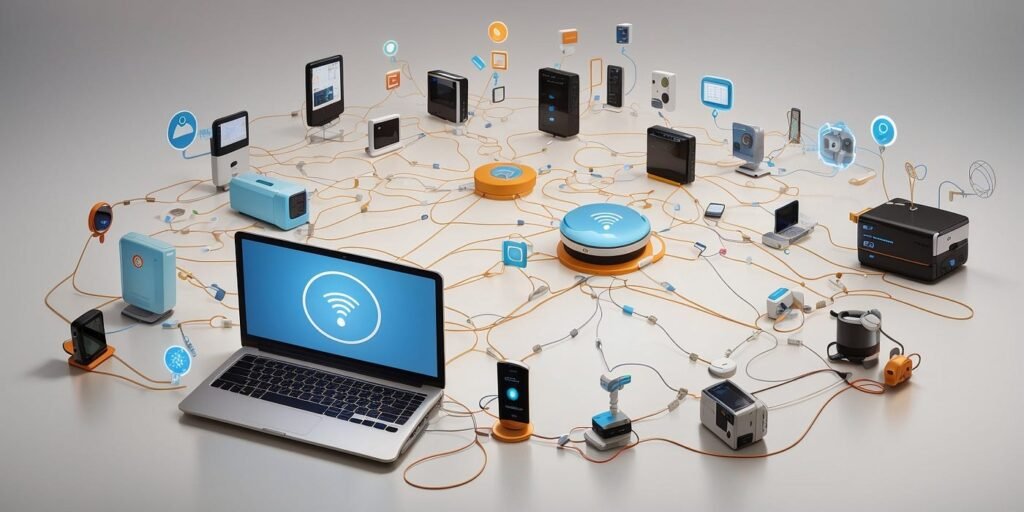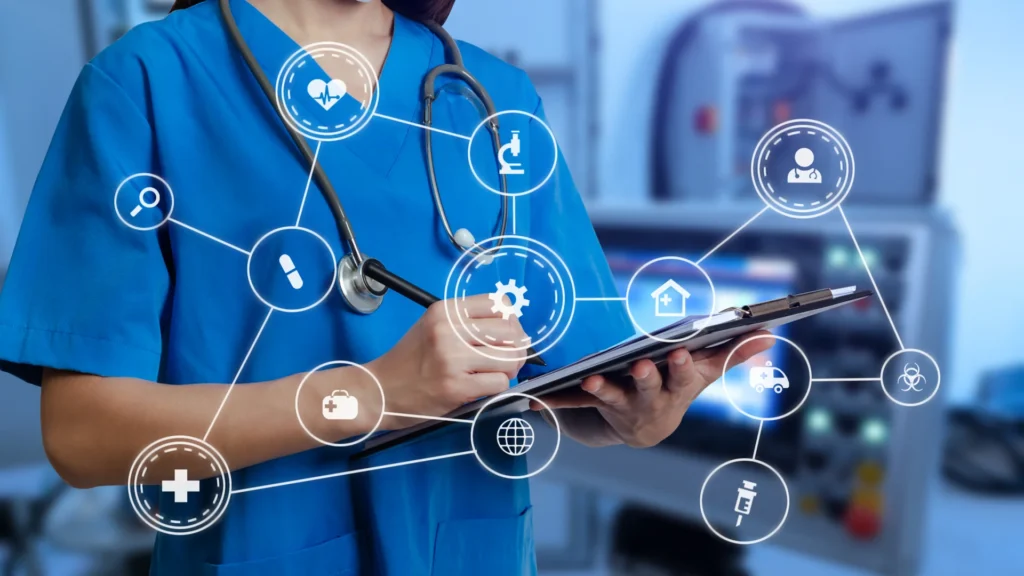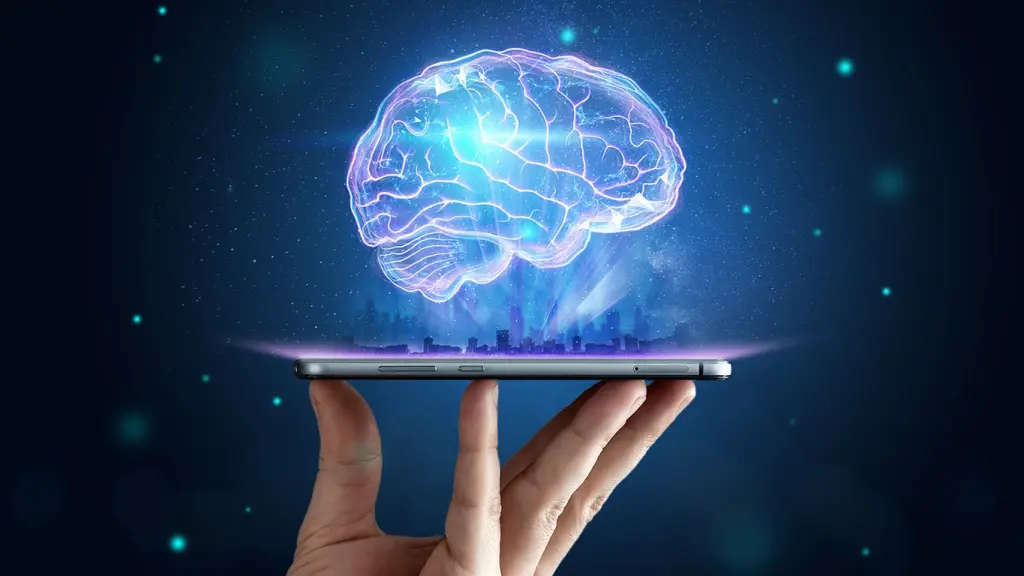Technological development is the creation and improvement of technology to solve problems, enhance efficiency, and drive innovation. It involves the application of scientific knowledge to develop tools, machines, and systems that make our lives easier and more productive. In today’s rapidly advancing world, technological development plays a crucial role in shaping the way we live, work, and interact with each other. This blog post will explore some key examples that define technological development in the modern world.
Understanding Technological Development

At its core, technological development encapsulates the relentless progression and refinement of technology aimed at fulfilling the dynamic needs of humanity. This evolutionary process is not confined to the mere invention of novel gadgets. Still, it extends to refining existing technologies, ensuring they are more accessible, efficient, and effective in addressing the myriad challenges and seizing opportunities that arise. Technological development spans an extensive array of domains, such as information technology, which has transformed communication and data processing; biotechnology, which has advanced medical research and treatments; nanotechnology, which has revolutionized materials science and electronics; and renewable energy, which is pivotal in the global shift towards sustainable energy sources. Each field is a testament to the multifaceted nature of technological development, underscoring its role as a cornerstone in the edifice of modern civilization, poised to tackle everything from everyday conveniences to global issues.
Cloud Computing – Revolutionizing Data Management

Cloud computing represents a monumental shift in how we handle and interpret data. This technology enables users to store and access vast amounts of data and applications through the internet, eliminating the need for physical storage devices and servers. Its scalability and flexibility have been game-changers for businesses and individuals alike, offering a level of accessibility and efficiency previously unattainable. Major players in the industry, such as Amazon Web Services, Microsoft Azure, and Google Cloud Platform, have been instrumental in popularizing cloud computing, showcasing its potential to transform data management practices across the globe. By allowing data to be remotely maintained, managed, and backed up, cloud computing provides a streamlined, secure way to manage data operations, from small startups to multinational corporations, ensuring that information is accessible anytime, anywhere.
The Internet of Things (IoT) – Connecting the World in New Ways

The Internet of Things (IoT) represents a transformative leap in how devices around us interact and serve our needs. By integrating internet connectivity into everyday objects—from kitchen appliances to city streetlights—IoT ushers in a level of automation and intelligent interaction that was once the stuff of science fiction. This network of connected devices can monitor, collect, and exchange data in real-time, facilitating unprecedented efficiency and convenience. For instance, smart thermostats learn from your preferences to optimize home temperature and energy use, while connected vehicles can improve road safety by communicating with each other to prevent accidents. The potential of IoT extends into industrial applications as well, streamlining manufacturing processes and supply chain management through real-time monitoring and predictive maintenance. As these interconnected devices increase, they pave the way for innovative solutions that promise to enhance daily living and drive further technological advancement.
Artificial Intelligence (AI) and Machine Learning – Pioneers of Innovation

Artificial Intelligence (AI) and Machine Learning are pivotal forces in technological innovation’s vanguard, steering a transformative course across myriad sectors. AI embodies the replication of human-like cognition in machines, enabling them to execute tasks from simple data processing to complex decision-making. Machine Learning, a subset of AI, empowers these systems to self-improve through exposure to data, refining their accuracy over time without direct programming. Together, they are redefining possibilities, from personalizing customer experiences in retail to enhancing precision in predictive analytics for finance. In healthcare, they assist in diagnosing diseases with remarkable speed and accuracy, while in the automotive industry, they are crucial to developing self-driving vehicles. Through these applications, AI and Machine Learning are amplifying human capabilities and setting the stage for future innovations that could further revolutionize how we interact with the world around us.
Renewable Energy Technologies – Towards a Sustainable Future

Renewable energy technologies are at the forefront of addressing the world’s pressing environmental challenges. Innovations in solar, wind, hydro, and geothermal power have dramatically increased the efficiency and affordability of these clean energy sources. This surge in renewable energy solutions is crucial for reducing reliance on fossil fuels, which significantly contribute to greenhouse gas emissions and global warming. Solar panels, for example, have seen significant advancements, making them more efficient at converting sunlight into electricity. Similarly, wind turbines have become more powerful, generating vast amounts of energy even at low wind speeds. Hydroelectric power continues to provide a substantial portion of the world’s electricity, using water flow to generate energy without emitting harmful pollutants. Geothermal energy, harnessed from the heat within the Earth, offers a consistent and sustainable power source. These renewable technologies are pivotal for combating climate change and promoting energy independence and security.
Digital Health Solutions – Transforming Healthcare

In healthcare, the infusion of digital technologies is initiating a seismic shift in patient care management and delivery. Digital health solutions stand at the confluence of innovation and care, empowering healthcare providers and patients with tools that were once the domain of futuristic imaginations. Telemedicine, for example, has dismantled geographical barriers, granting patients remote access to medical consultation and services, thus ensuring continuity of care irrespective of physical distances. Meanwhile, wearable devices have transcended their initial fitness tracking functionality to become crucial in monitoring vital signs and predicting potential health issues before they become acute. Electronic health records have streamlined the sharing and analysis of patient data, facilitating more informed and swift medical decisions.
Moreover, integrating artificial intelligence into healthcare systems optimizes administrative processes, enhances diagnostic precision, and personalizes patient treatment plans. These innovations collectively underscore a transformative period in healthcare, marked by heightened efficiency, accessibility, and personalization. Through the adoption and continuous improvement of digital health solutions, the healthcare industry is moving towards a more proactive, patient-centric model of care.
Conclusion – The Future of Technological Development
The landscape of technological development is perpetually evolving, carving pathways for unprecedented advancements that promise to redefine our interaction with the world. As we stand on the brink of these transformations, the impetus for innovation has never been more critical. The synergy between creativity and technology heralds a future where the boundaries of what is possible constantly expand. This forward momentum is not just about the advent of new gadgets or systems but encompasses a broader spectrum of making technology more inclusive, accessible, and sustainable. The role of technology in addressing global challenges, enhancing quality of life, and fostering economic growth underscores its integral place in our collective future. The journey ahead demands a collaborative approach, where policymakers, entrepreneurs, and the global community work in concert to navigate the ethical implications and societal impacts of rapid technological change.
